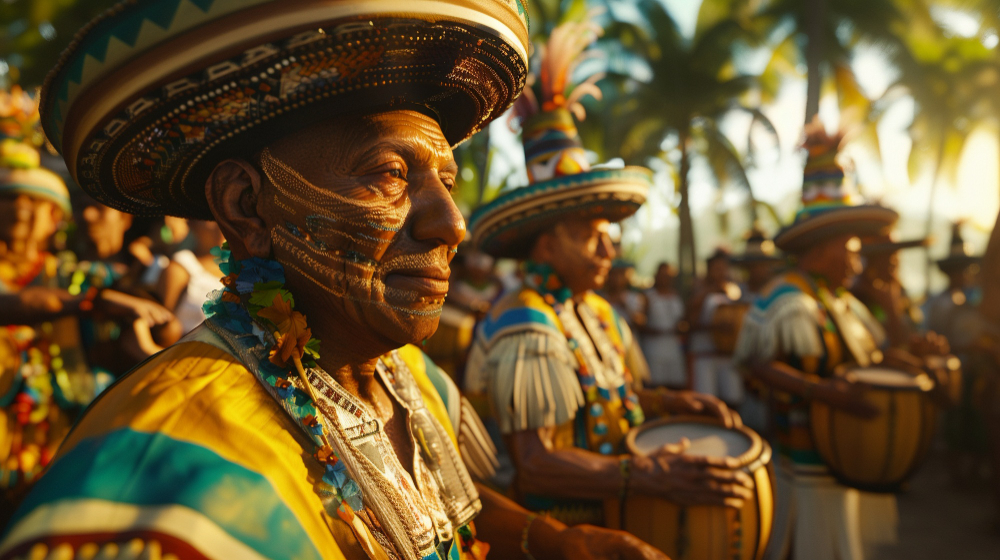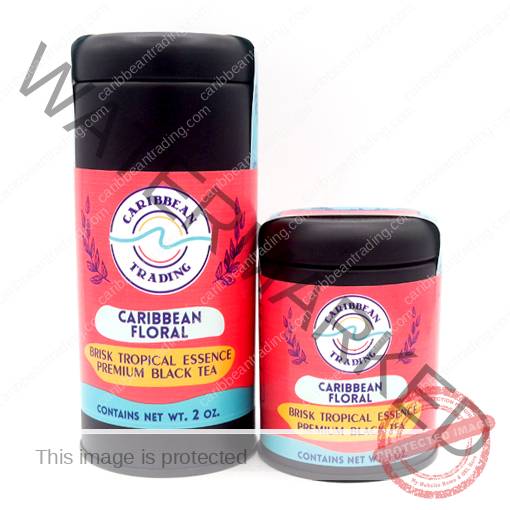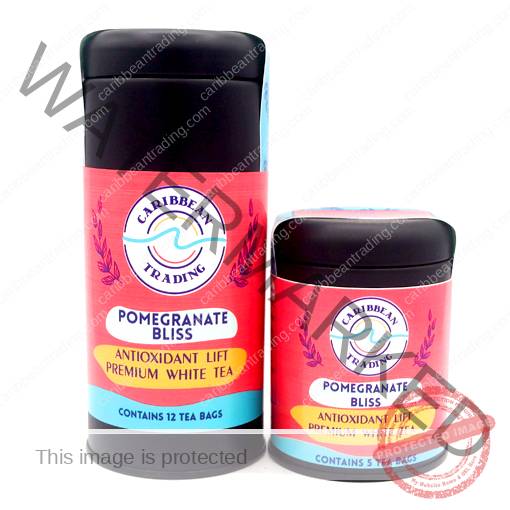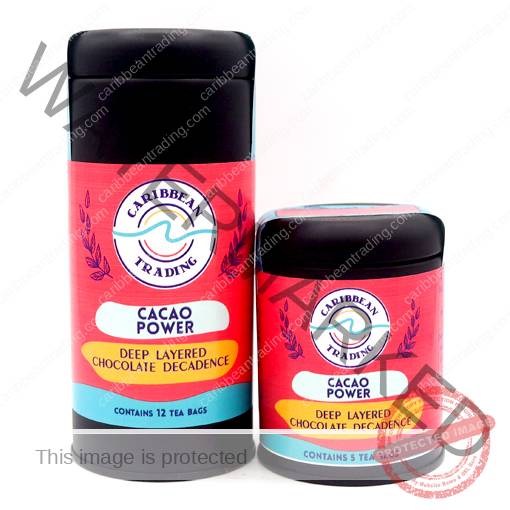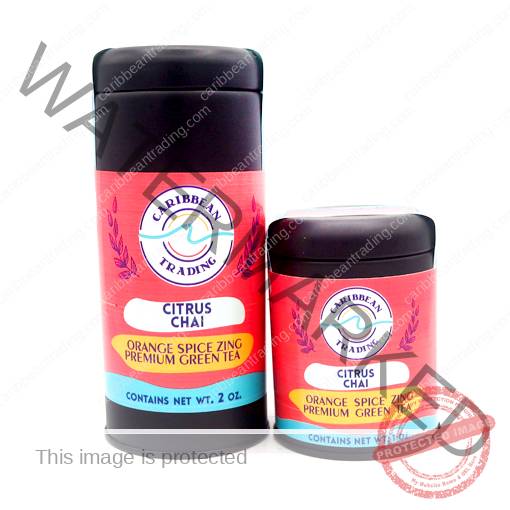Caribbean History
Caribbean Heritage Month: Everything You Should Know
Every June, the United States celebrates National Caribbean American Heritage Month. But what’s this special celebration? It is an amazing time devoted to enjoying the enduring contributions: for example lifestyle, the records of Caribbean immigrants and their descendants, and many more things to come!
This commemoration honors the crucial roles Caribbean Americans have played in shaping the kingdom’s identification, culturally, politically, economically, and socially.
Caribbean Heritage Month is greater than a celebration of colorful traditions and flavorful cuisine; it’s a significant mirrored image at the range, resilience, and legacy of the Caribbean network inside the broader tapestry of American lifestyles.
The Origins of Caribbean Heritage Month
The concept of National Caribbean American Heritage Month started out gaining momentum in the early 90s.
The Institute of Caribbean Studies (ICS), a non-profit organization based in Washington, D.C., led by Dr. Claire Nelson, became pivotal in bringing national attention to the importance of Caribbean contributions.
After numerous years of advocacy, the U.S House of Representatives passed a decision in 2004. The reputable assertion came in 2006, when President George W. Bush proclaimed June as National Caribbean American Heritage Month.
So, what did that do? Actually something really relevant! It marked a HUGE popularity of over a century of Caribbean presence and impact inside the U.S. With much, much more to come: such as a network of delegated time to celebrate their history, honor their ancestors, and teach others about their contributions.
The Caribbean-American Story
Caribbean Americans hail from a broad spectrum of countries and territories, which includes Jamaica, Haiti, Trinidad and Tobago, the Dominican Republic, Puerto Rico, Cuba, Barbados, the Bahamas, Saint Lucia, Grenada, and plenty of others.
While the area itself is understood for its tropical weather, languages, and rich cultural traditions, the Caribbean diaspora in the U.S. displays a similarly numerous and dynamic history. Caribbean migration to the U.S. started as early as the XVII century, however it saw considerable growth in the 20th century.
Many arrived searching for academic and economic possibilities or fleeing political turmoil. Despite dealing with boundaries together with racial discrimination and immigration regulations, Caribbean Americans earned a place for themselves—from medicine and academia to sports activities, music, and government.
Influential Caribbean Americans
Throughout history, many Caribbean Americans have left an indelible mark on American culture and society.
Alexander Hamilton, one of the Founding Fathers and the first Secretary of the Treasury, was born in Nevis, a small island in the Caribbean. His vision for the American financial system continues to influence the country today.
In the world of music, Rihanna, from Barbados, is not just an international pop icon but also a business mogul and philanthropist. Similarly, Wyclef Jean, born in Haiti, has influenced hip-hop and used his platform to advocate for global humanitarian causes.
In politics, Shirley Chisholm, the first Black woman elected to the U.S. Congress, was the daughter of Caribbean immigrants from Barbados and Guyana. She later became the first Black woman to seek a major party’s nomination for President of the United States.
Other influential names include Sidney Poitier (Bahamas), the first Black man to win an Academy Award for Best Actor; Colin Powell (Jamaican heritage), the first African American Secretary of State; and Kamala Harris, the Vice President of the United States, whose father is Jamaican.
Culture and Traditions
Caribbean culture is a vibrant mosaic shaped by African, Indigenous, European, and Asian influences. Music, food, festivals, and language all play important roles in expressing Caribbean identity.
Reggae, calypso, soca, dancehall, zouk, and reggaeton are some of the musical genres that originated in the Caribbean. Bob Marley, a worldwide symbol of peace and resistance, delivered reggae to the arena, even as modern-day artists retain traditional Caribbean sounds with hip-hop, pop, and digital tracks.
Caribbean food is known for its formidable flavors, fresh elements, and sundry culinary traditions. Jerk fowl, roti, mofongo, callaloo, and rice and peas are just a few of the mouth-watering dishes celebrated in the course of Caribbean Heritage Month activities..
The spirit of carnival, with its colourful costumes, rhythmic drumming, and joyous parades, is principal to many Caribbean cultures. Cities throughout the U.S.—like New York, Miami, and Boston—host Caribbean carnivals and avenue gala’s each June to honor the background and produce groups together.
While English is widely spoken in the Caribbean, the location is likewise domestic to Spanish, French, Dutch, Creole, and Patois speakers. Oral traditions, folklore, and storytelling stay significant to Caribbean cultural identification, maintaining history and passing on values via generations.
The Importance of Caribbean Heritage Month Today
Caribbean Heritage Month gives an opportunity to not only have fun but also to raise cognizance. Caribbean Americans are frequently grouped into big instructions like “Black” or “Latino,” and their precise cultural identities can be left out.
This month offers voice to the many habitants within the Caribbean diaspora and encourages broader conversations about immigration, racial justice, and cultural maintenance.
At the same time as multicultural recognition is more vital than ever, Caribbean Heritage Month serves as a platform to talk about troubles which consist of immigration reform, economic issues, and getting proper entry to education.
It reminds the public that Caribbean Americans are not a monolith, however an opportunity, a complicated and severa organizations with specific reports and needs.
How Caribbean Heritage Month Is Celebrated
Throughout the month of June, cities across the U.S. host an extensive variety of events to commemorate Caribbean Heritage Month. These encompass:
- Cultural Festivals and Parades: Featuring traditional track, dance, meals, and crafts.
- Educational Panels and Forums: Highlighting subjects which includes Caribbean records, immigration, health disparities, and entrepreneurship.
- Film Screenings: Showcasing Caribbean cinema and documentaries that spotlight the location’s memories.
- Art Exhibitions: Displaying the works of Caribbean and Caribbean-American artists.
- Cooking Demonstrations: Bringing the flavors of the Caribbean to American kitchens with arms-on tutorials.
Many schools and libraries also curate themed reading lists, inviting both youngsters and adults to discover Caribbean literature and history. Faith-primarily based organizations (like churches), community centers, and neighborhood governments play active roles in organizing these events.
Contributions to the U.S. Economy and Society
Caribbean Americans make contributions extensively to the U.S. economy, specifically in fields such as healthcare, education, entrepreneurship, and the military. Many Caribbean immigrants have filled vital roles as nurses, doctors, teachers, and engineers.
Small business ownership is also high among Caribbean Americans, with thousands of entrepreneurs launching successful ventures in food, retail, real estate, and professional services.
Moreover, the community has a strong culture of civic engagement and social activism. Caribbean Americans have been at the forefront of movements for civil rights, labor rights, and immigration reform. Organizations such as the Caribbean American Political Action Committee (CAPAC) and the Caribbean Women’s Health Association advocate for the needs of the diaspora at national and local levels.
Additionally, the Caribbean region’s longstanding familiarity with tourism and entertainment has led to significant engagement with the online gaming industry. This includes the growing popularity of digital gambling platforms among Caribbean Americans, many of whom are accustomed to the vibrant casino culture back home. Resources like the red dog online casino welcome bonus have become particularly attractive for users seeking accessible and regulated online gaming experiences.
Caribbean Heritage in Education and Media
Despite the rich legacy of Caribbean Americans, their history remains underrepresented in mainstream education and media. So, what can be done? Caribbean Heritage Month helps introduce curriculum changes and foster media illustration that displays the variety of the Caribbean experience.
Educators are more and more incorporating Caribbean authors, ancient figures, and cultural contributions into their lesson plans. Meanwhile, systems like Netflix, YouTube, and streaming services are assisting Caribbean filmmakers and artists reach a broader target market.
Books with the aid of Caribbean authors—together with Jamaica Kincaid, Edwidge Danticat, and Junot Díaz—have found acclaim each outside and inside of the Caribbean diaspora, bringing personal and political narratives to the vanguard.
Looking Forward
Caribbean Heritage Month is way more than a mirrored image of the region. So, what is it? It’s a celebration of what lies beforehand. As the Caribbean-American population keeps developing and evolving, so too does it have an effect on the U.S way of life and identity.
By embracing this heritage, human beings of all backgrounds can research from the resilience, creativity, and network spirit that defines the Caribbean revel in.
Continued efforts to preserve language, track, and culinary traditions will ensure that the next generation continues a robust connection to their roots. At the same time, the network’s growing illustration in politics, business, will help push ahead a more inclusive and accurate expertise of American records.
Conclusion
National Caribbean American Heritage Month is a powerful reminder that the United States is a nation of immigrants—and among them, Caribbean Americans stand tall.
From the fields of politics and medicine to music and literature, their impact is profound and enduring. June is a time to celebrate Caribbean pride, acknowledge shared struggles, and uplift voices that continue to shape the future of both the Caribbean diaspora and the nation as a whole.
Whether you’re of Caribbean descent or simply interested in learning more, this month is an invitation to join in a joyful and enlightening celebration of culture, history, and community.


